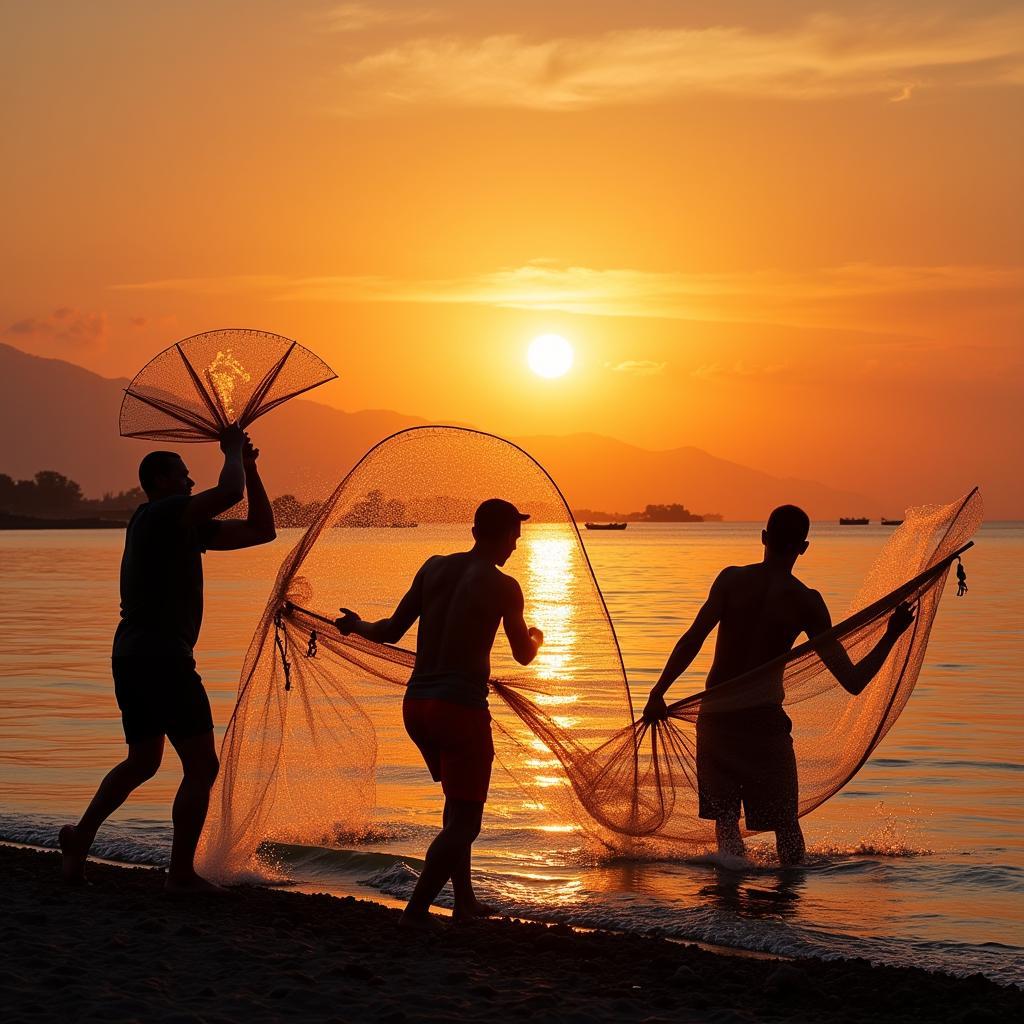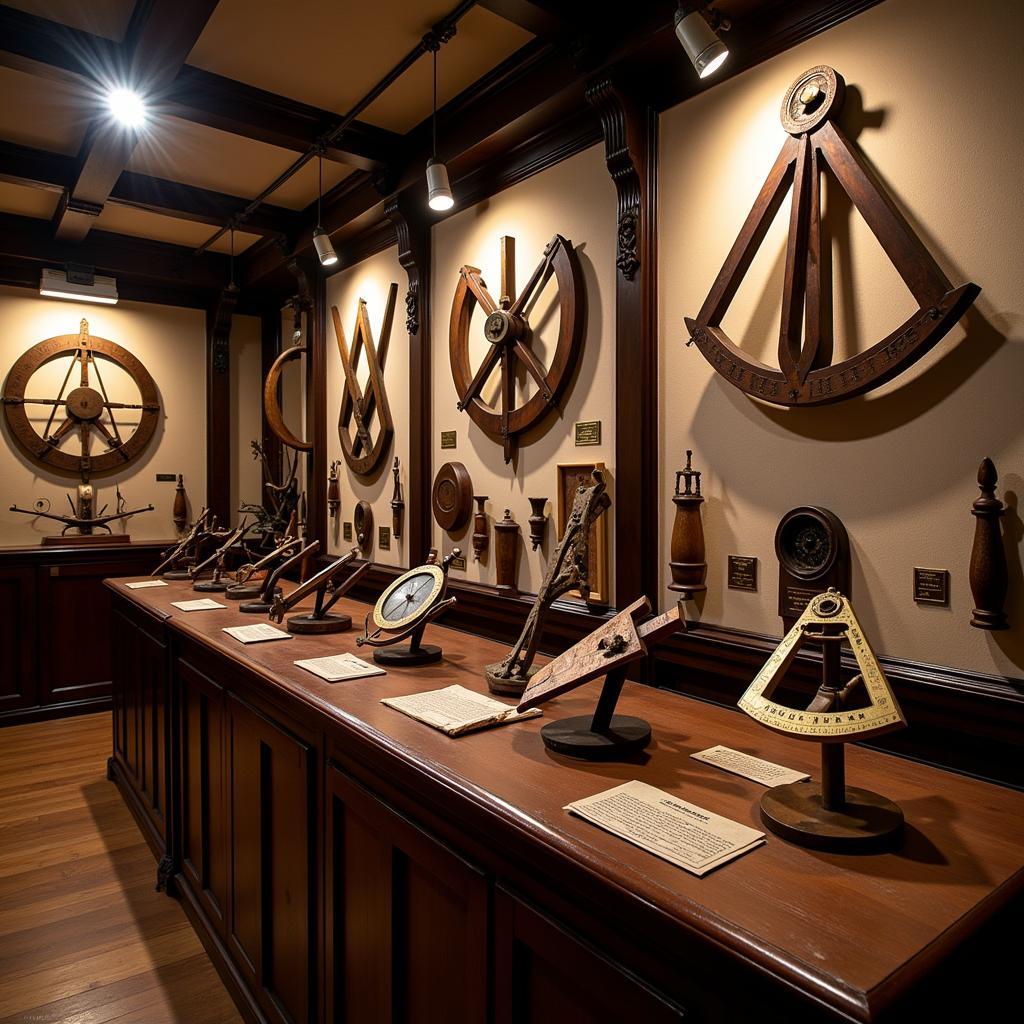Coastal communities, shaped by the ebb and flow of the tides and the whispers of the sea, hold within their heart a unique cultural heritage. These societies, intrinsically linked to the ocean’s bounty and the challenges it presents, have developed traditions, stories, and ways of life as captivating and profound as the depths they navigate. Understanding the essence of a Coastal Heritage Society means delving into a world where the maritime environment is not just a backdrop, but an active participant in shaping identity, tradition, and the very soul of its people.
The Enduring Connection Between People and the Sea
For generations, coastal communities have forged an unbreakable bond with the sea. This relationship, often born of necessity, has blossomed into a deep-rooted respect and understanding of the ocean’s power and its delicate balance. The sea, a source of sustenance, livelihood, and inspiration, has woven itself into the fabric of their existence.
 Fishermen casting nets at sunrise
Fishermen casting nets at sunrise
This enduring connection is evident in their everyday lives, from the rhythm of their days dictated by the tides to the stories passed down through generations – tales of legendary seafarers, mythical creatures of the deep, and the ever-present respect for the ocean’s unpredictable nature. Their traditions, often centered around maritime activities like fishing, shipbuilding, and navigation, reflect their adaptability and resourcefulness in the face of a constantly changing environment.
Preserving Maritime Traditions and Knowledge
Coastal heritage societies are custodians of a rich repository of maritime knowledge. Passed down through generations, this knowledge encompasses traditional fishing techniques, intricate knowledge of local currents and tides, and the art of building seaworthy vessels uniquely adapted to their environment. These skills, honed over centuries, represent not just practical know-how but also a deep understanding of the natural world and the importance of living in harmony with it.
 A display of antique navigational tools in a museum
A display of antique navigational tools in a museum
However, these traditions, often intangible and deeply woven into the fabric of daily life, are facing increasing pressure in the modern world. Globalization, technological advancements, and changing economic landscapes pose challenges to the continuation of traditional practices. Recognizing this, many coastal communities are actively working to preserve their heritage.
The Role of Coastal Heritage Societies
Organizations dedicated to preserving the cultural legacy of coastal communities play a vital role in ensuring that these traditions don’t fade into obscurity. They achieve this through a variety of initiatives:
- Establishing museums and cultural centers: These spaces serve as repositories of artifacts, photographs, and oral histories, offering a tangible link to the past and educating visitors about the unique aspects of coastal heritage.
- Supporting traditional crafts and skills: By offering workshops, apprenticeships, and platforms for artisans to showcase and sell their work, these societies help keep traditional crafts like boat building, net making, and fish preservation alive.
- Promoting sustainable fishing practices: Recognizing the importance of preserving marine resources for future generations, many coastal heritage societies advocate for and educate communities about sustainable fishing methods.
Coastal Heritage: A Beacon of Resilience and Adaptation
The stories of coastal heritage societies offer more than just a glimpse into the past; they provide valuable lessons for the present and the future. Their ability to adapt to changing environments, their deep respect for the natural world, and their resilience in the face of challenges hold particular significance in a world grappling with climate change and the need for sustainable practices. By understanding and appreciating the rich tapestry of coastal heritage, we gain a deeper understanding of our interconnectedness with the ocean and the importance of protecting both its cultural and ecological diversity.